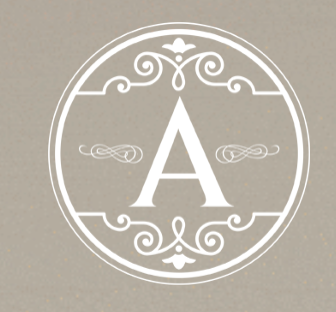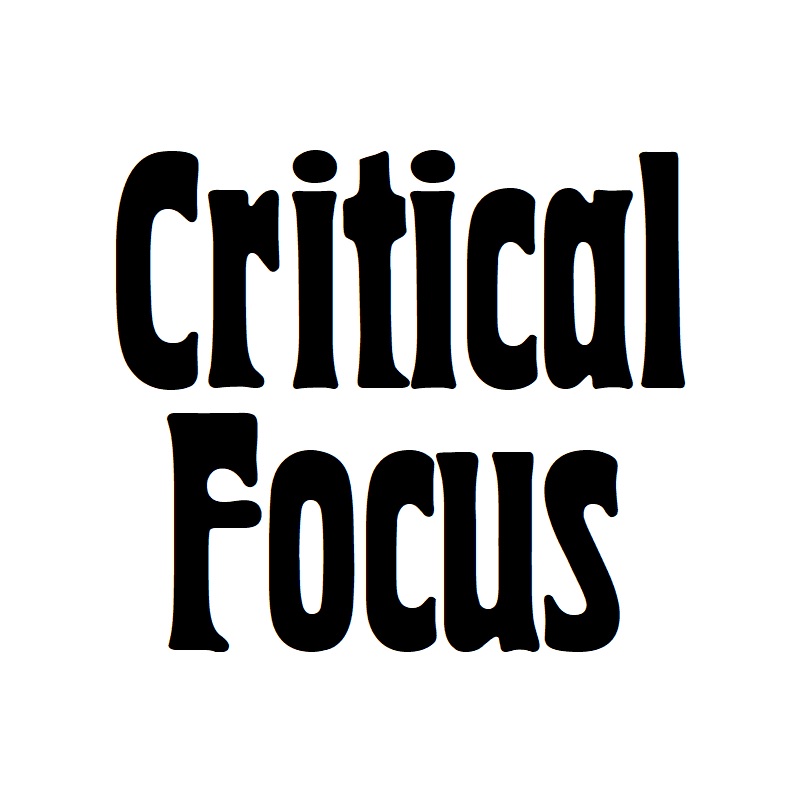‘V/H/S/99’: Maggie Levin, Verona Blue commit to real riot grrrl nostalgia in horror anthology
Elisabetta Bianchini Mon, October 31, 2022 at 1:28 p.m.·5 min read To the spirit of the spooky season, the horror anthology series V/H/S takes you back to Y2K nostalgia with V/H/S/99 on Shudder, and the best of the “found footage” comes from filmmaker Maggie Levin’s “Shredding” segment, starring Canadian actor Verona Blue. “Shredding” stands out as a highlight from the … Read more



